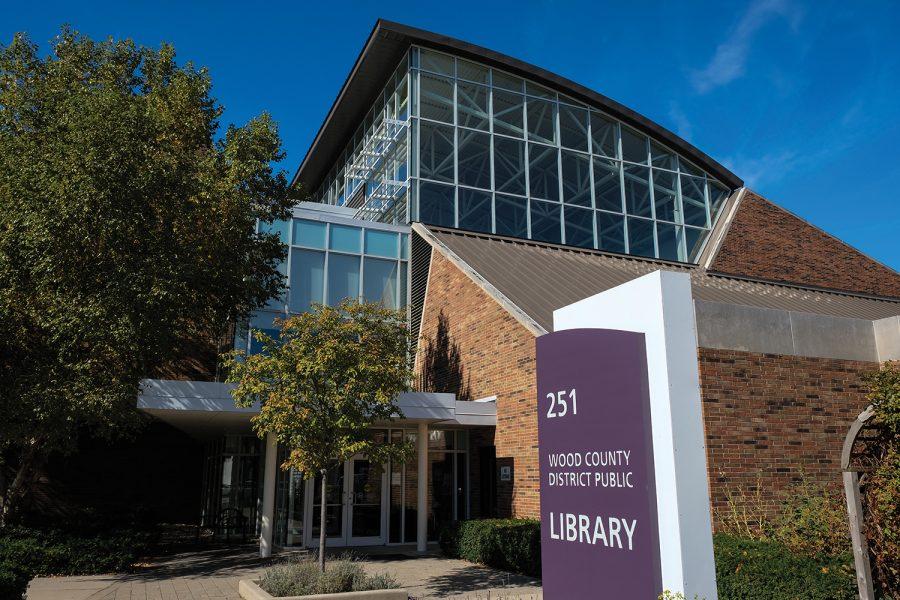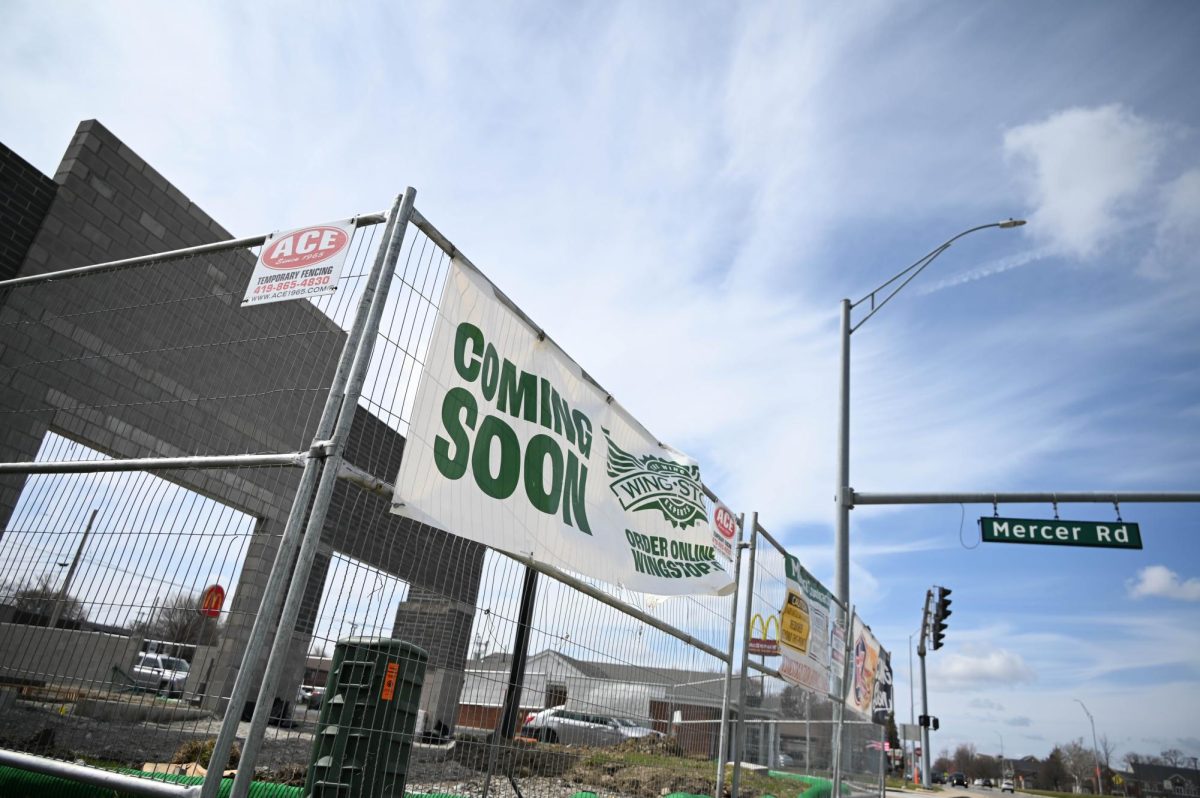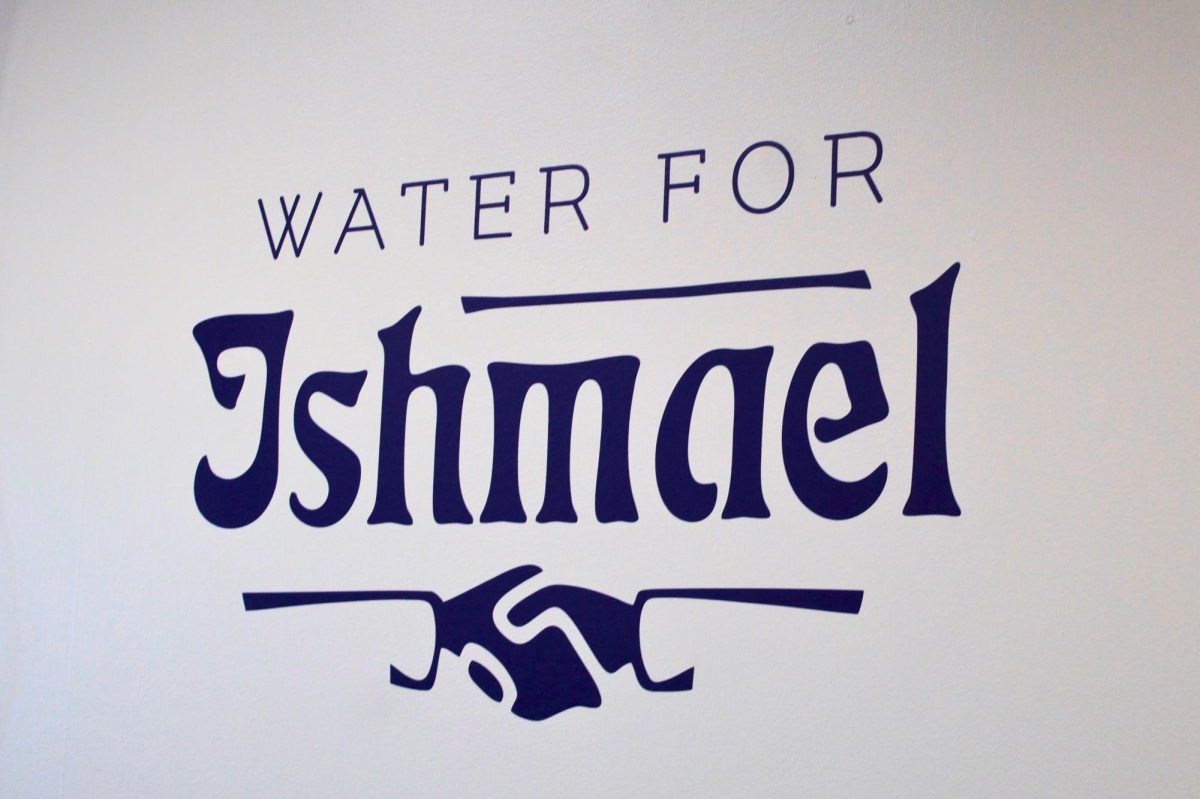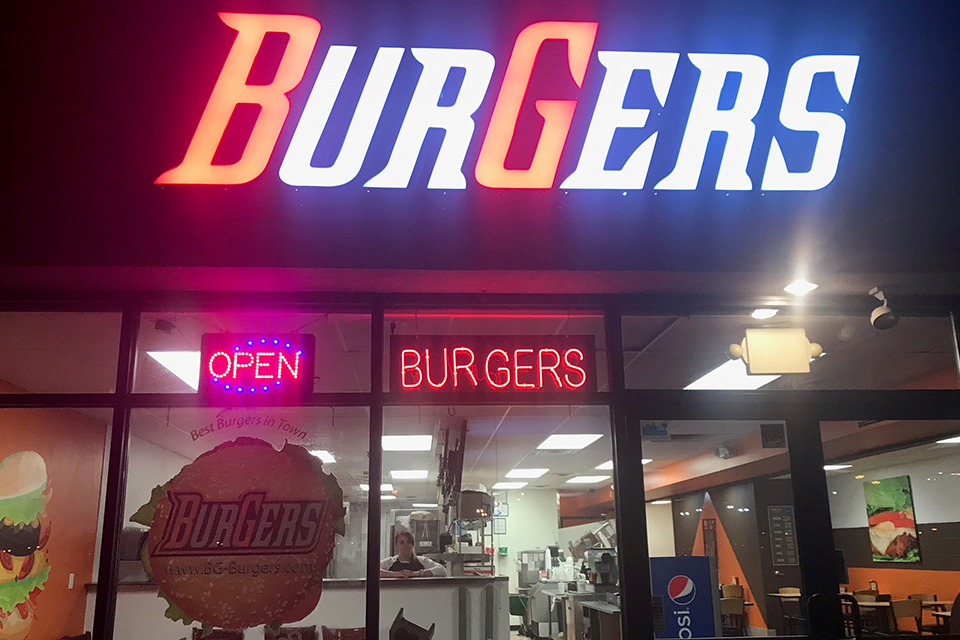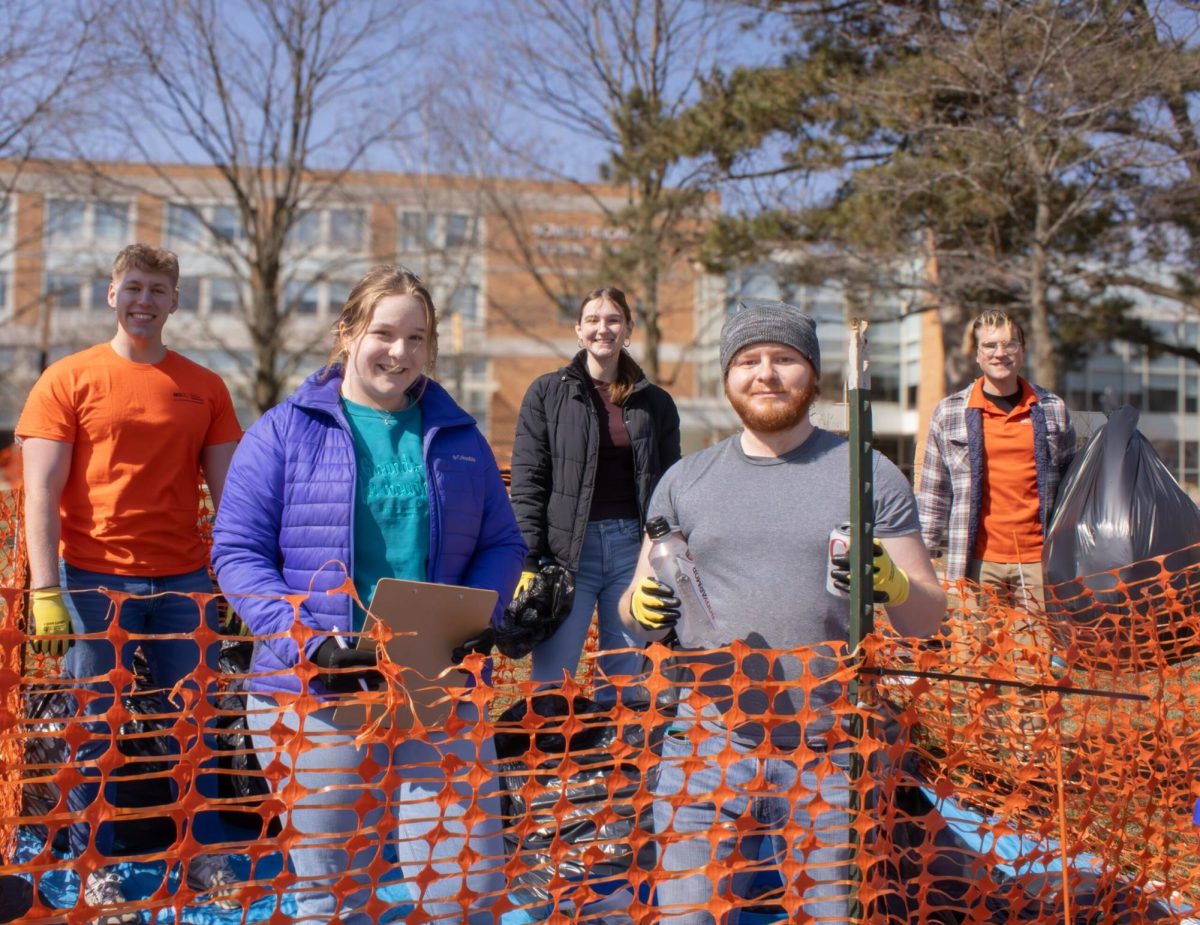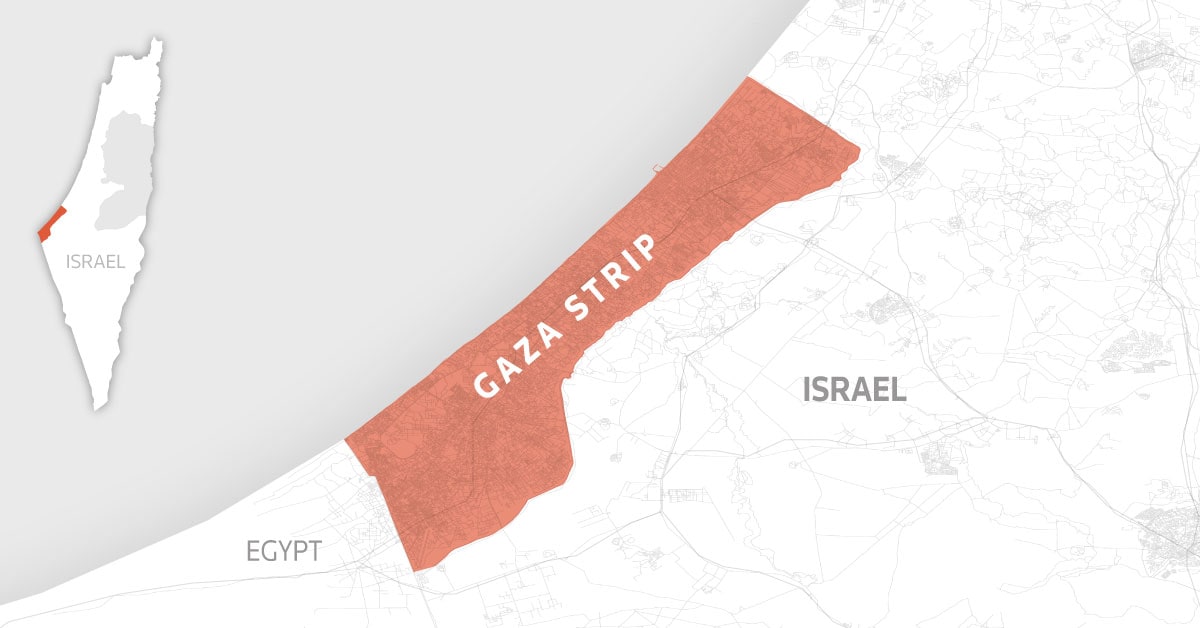With an ever-growing focus on the environment, programs are being created nationwide to generate support for environmental legislation and basic ‘green’ living ideals.’
The Massachusetts Climate Summer program is one example, bringing students from across the country to join the cause. ‘
Senior Jane Davenport will be one of 50 students working for the program this summer.’
Davenport found her calling as an Environmental Policy and Analysis major after her experience in GeoJourney.
‘Our main focus was to learn about geology, environmental studies and American cultural studies,’ she said. ‘We went around to national parks and different places and talked about the rocks there, talked about the ecology.’
Davenport added GeoJourney got her to think about important issues like energy and how she could make an impact that could change the world.
While browsing Facebook, Davenport saw an advertisement for the Massachusetts Climate Summer program and decided to look into the program as an internship possibility. ‘It was the only internship I applied for and I liked it ’cause it’s not a normal office job where I’m doing paperwork for people,’ Davenport said.’We’re actually going out and doing stuff.”
The group of 50 will break up into five smaller groups and then trek to different cities across the state of Massachusetts on bikes, staying at churches and camping at different locations along the way.
They will be canvassing across the state to inform citizens about simple ways to reduce their impact on the environment, which will save citizens money in the long run.’
The groups will also organize communities in public speaking forums to inform citizens about the legislation in hopes of gaining support.’
‘I think we can inspire people,’ Davenport said.’
‘ Jay O’Hara is the program coordinator, operating as part of the larger Massachusetts Power Shift organization.’
‘We’re a completely volunteer run organization,’ O’Hara said. ‘We are a statewide network of youths and students working on climate change in Massachusetts.”
O’Hara saw the need for a program that would allow students to build the necessary skills needed for them to have a lasting impact on the people around them as it pertains to environmental issues.’
‘In order to solve the climate crisis, we first have to solve the democracy crisis,’ O’Hara said. ‘The skills of grassroots organizing, of building relationships and commitments, and training leadership, and being able to empower people to be creative and strategic to be able to take on the work themselves, not necessarily doing what is directed from some high organization with millions of dollars in Washington, but people really being able to do work that affects their own lives and fulfills their own needs for going about change.”
The program will run from June 7 until August 1, but O’Hara said he hopes the students’ work will continue after the program has ended.’
‘We want to train a number of people from across the country to go back into their home states and their schools and use these skills to train more people,’ O’Hara said. ‘So it’s not just something that passes from ear to ear, actually people with real skills and real experience who’ve actually have done it, go out and build grassroots constituencies where they are from.’
Richard Mbatu, from the department of the environment and sustainability, will be supervising Davenport’s internship experience.’
He said he believes internships are a necessary part of the Environmental Policy and Analysis major because they give students real life experience before they graduate college.’
‘We might give students all the theoretical knowledge that they need to have, whether it be policy or physical science, which are issues that we deal with,’ Mbatu said. ‘If we don’t let them go out and actually do these things hands-on, and get first hand knowledge, they are going to find it very difficult if they go out and just get a job.”
Davenport knows the importance of gaining and practicing these skills before she graduates from the University.’
‘Public speaking is the main thing I want to work on,’ she said. ‘I’m not used to talking to large groups of people. They’re kind of throwing you out there to hold these events and talk to people, so it’s really going to help me and give me experience that I’ve not had.”


